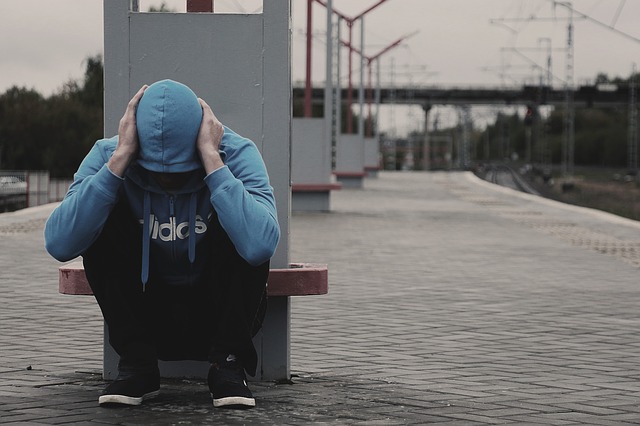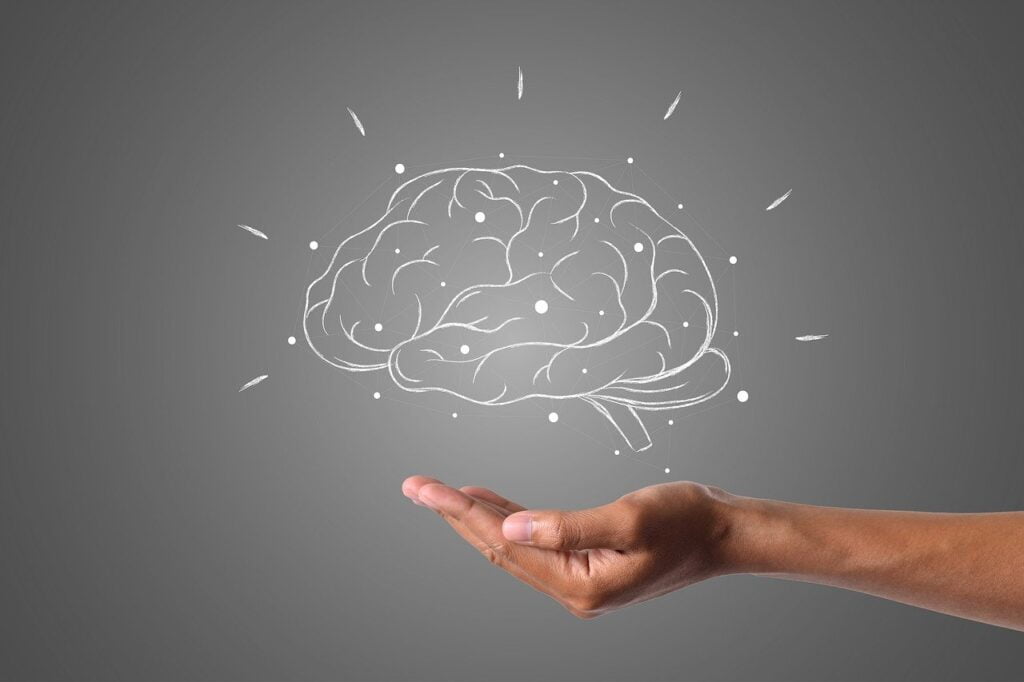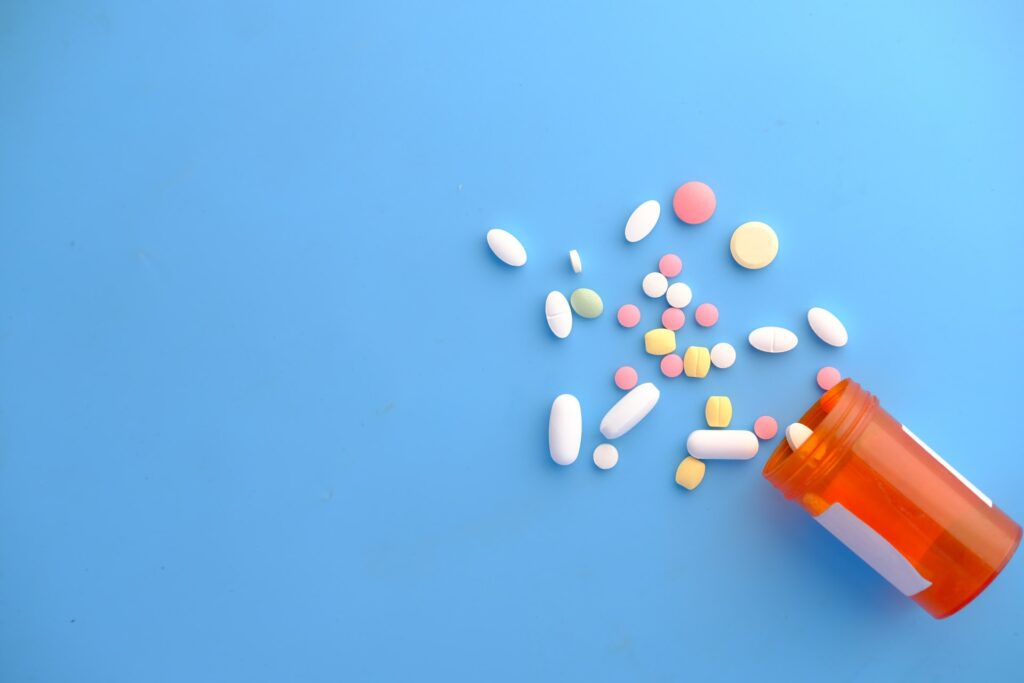- Home
- Addiction Treatment
- Dual Diagnosis
- Dual Diagnosis: Borderline Personality Disorder
Dual Diagnosis: Borderline Personality Disorder
Around 1.6% of the general population have borderline personality disorder.
What you might not realise, however, is that for those who have borderline personality disorder, illegal substance use is very likely.
This, thereafter, raises the probability of addiction developing in a huge portion of the population.
It’s really helpful to understand what treatment is available for people living with both of these conditions.
By accessing specialist professional support, a person can better manage their mental health and experience healthier wellbeing.
What is Borderline Personality Disorder (BPD)?

Borderline personality disorder is a mental health condition that distorts how a person sees themselves.
The condition is known to manifest with the person having self-destructive and impulsive behaviours.
It’s common for people with BPD to find it difficult to nurture and maintain relationships.
Psychotic episodes or dissociation may occur and suicidal behaviours are also usually present.
This, understandably, has a negative effect throughout the person’s life.
Interestingly, in clinical settings, women make up the majority of people who have BDP (70%).
The condition usually presents in a person’s teen years.
How Other People Often View People Who Have BPD

Because of the way borderline personality disorder effects the person’s mind and behaviours, it tends to be very affecting to those around them.
Family and close ones often find people with BPD as being:
- Manipulative
- Filled with rage
- Depressed
- Seeming “over-the-top”
- Needy
- Demonstrating extreme reactions
- Acting “the victim”
- Arrogant
The Causes Of BPD

It’s beneficial to consider the causes of BPD.
Whether in relation to the self or others, it helps you to be compassionate.
Understanding the condition more can help others to respond in healthier ways to you or you to be more self-forgiving as you grow in self-awareness.
Borderline personality disorder tends to develop where people have experienced deep emotional pain in earlier life.
It is, however, thought to be linked to several factors including:
- Growing up in a dysfunctional family where there has been abuse, neglect, long-term fear and/or living with a parent with a mental health disorder or addiction.
- Genetics – BPD tends to run in families.
- Brain chemical imbalances, especially linked to serotonin levels.
- Brain structure – In people with BPD, parts of the brain are often smaller or there is over-activity. The amygdala (emotions), hippocampus (self-control), and the orbitofrontal cortex (decision making) are all involved.
What Is Substance Use Disorder (SUD)?

A substance use disorder is where a person comes to use psychoactive substances such as drugs and alcohol in an uncontrolled way.
It’s demonstrated where any of the following symptoms occur:
- Becoming tolerant and needing more of the substance to feel an effect.
- Experiencing cravings.
- Experiencing withdrawal symptoms as the substance leaves your body.
- Repeatedly trying to stop using drugs and alcohol and being unable to.
- Spending a lot of time using.
- Developing physical and mental problems linked to substance use.
- Neglecting responsibilities.
- Risky use (i.e. polysubstance use).
- Relationship problems at home, work, and with friends.
If you’re concerned you have an addiction or problematic use as just described and want someone to talk to, call Rehab Recovery.
We can help you figure out whether you have a problem and what can guide you through your local treatment options in the UK.
The Link Between Borderline Personality Disorder And Addiction

Addiction tends to run in families.
Using substances might have been normalised, but it’s also common for people with BPD to have experienced abandonment, estrangement and emotionally unavailable caregivers.
This can make them more likely to turn to others for connection.
When this happens where a person is young, it can make them more vulnerable to abuse from others, or to be lead into addiction or they might use substances in order to try and numb distressing feelings.

One study revealed that 67% of people with BDP also had a substance misuse disorder.
Half the participants had a diagnosis for 2 or more addictions, and the common substances used were sedative hypnotics (aka sleeping pills) at 45% and alcohol.
However, some of the group used psychedelics.
It’s been shown that women with BDP who use crack-cocaine are at a much higher risk of participating in risky sexual behaviours.
Dangers Of BPD And Addiction

While a person with BPD might feel the substance helps, drugs and alcohol actually exacerbate BPD symptoms.
It’s very common for people with mental health conditions to turn to drugs and alcohol to self-medicate.
They want to ease uncomfortable symptoms and feel the substance provides an immediate relief.
Taking psychoactive substances, however, are toxic to the bodily system and create huge dysregulation in brain chemicals and the central nervous system.

This makes BPD symptoms worse, and so the person might turn to the substance again trying to relieve these issues.
Where this happens often, an addiction can develop.
There is also the fact that addiction can create mental health problems and there is some evidence to suggest that some people develop BPD after abusing substances.
Do You Have A Dual Diagnosis?

In the addiction field, a dual diagnosis is where you’re diagnosed by a professional as having another mental health-related condition alongside an addiction.
It’s possible to receive a borderline personality disorder and addiction diagnosis together.
This might be diagnosed by a doctor or psychiatrist before entering rehab, but if you go to rehab you might receive this diagnosis during your initial psychiatric assessments.
Where both conditions exist, this diagnosis can be really helpful in the sense that you can then receive treatment for both meaning chances of recovery are higher.
Treatment For BPD And Addiction

The study already mentioned, concluded that there is a large subgroup of borderline patients for whom drug use is necessary to meet criteria for borderline personality disorder.
This subgroup may respond particularly well to substance use treatment.
This means that treatment for the addiction would improve the symptoms of BPD.
The subgroups not mentioned, however, are also likely to benefit from addiction treatment as substances upset emotional regulation.
Private rehab clinics are consistently shown to offer the most successful approaches when treating people for addiction.
On entering one, you will be assessed and the staff will decide what is required to support your recovery.
The Detox Stage

People with physical dependencies are offered a detox.
This happens often if you’re addicted to alcohol, benzodiazepines, and heroin.
You’ll be given medication to ensure that withdrawal symptoms are kept to a minimum and easier to get through.
The detox last around 7-10 days.
Psychological Support

It’s essential that you access psychological therapies when entering drug and alcohol rehab.
It’s within psychotherapy that you learn what caused the addiction on a deep level.
The staff offer you strategies that help you to overcome distressing memories and uncomfortable events in the present:
- Cognitive Behavioural Therapy is often used to treat both addiction and borderline personality disorder. It’s great at helping you to identify automatic thoughts and to change these so that you can regain control of behaviours.
- Dialectical Behavioural Therapy (DBT) is provided to people who require input to help them manage emotional responses. Often, people who have experienced traumas will have extreme emotional reactions in the present. DBT helps you to understand where you’re reacting from and how to react in healthier ways.
- Family Therapies are sometimes offered to help improve dynamics between you and those you love. After months or years, some relationships can feel “stuck”. Therapists guide you through unravelling this and lead you to a healthier space.
- Group Therapies are offered that follow the 12 Step structure. This is an excellent way to learn from people in similar positions to you. Social connection is really important when healing from addiction.
Alternative Therapies

As well as psychotherapies, alternative therapies contribute to rehab programmes as they’re shown to be instrumental in making rehab more enjoyable.
Alternative therapies bring a more spiritual approach to recovery which many people find comforting.
Alternative therapies include:
- Mindfulness
- Reiki
- Yoga
- Ear acupuncture
- Tai Chi
- Equine therapy
Final Thoughts

It’s crucial to think about the link between borderline personality disorder and addiction because of how closely correlated they are.
Also, because of how much substances worsen BPD symptoms.
While both conditions can be very uncomfortable to live with, they can be managed effectively when a person enters rehabilitation treatment.
Here, people find the support they need to live a life where wellbeing is supported and physical and psychological health is a positive experience.
If you’re thinking about rehab treatment, contact Rehab Recovery now and speak to one of our friendly advisors.


